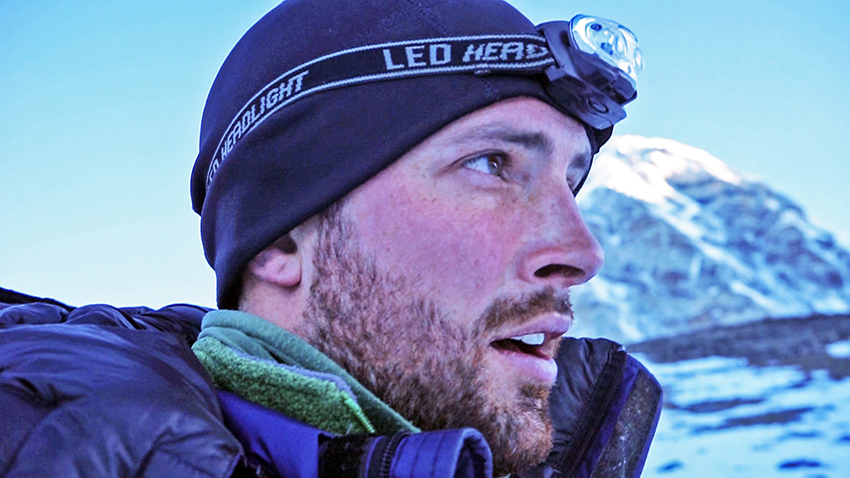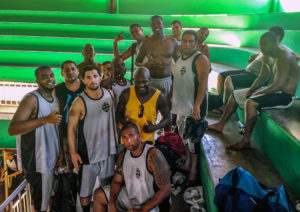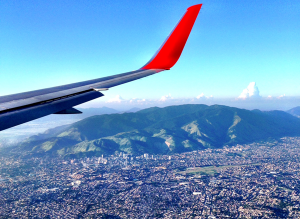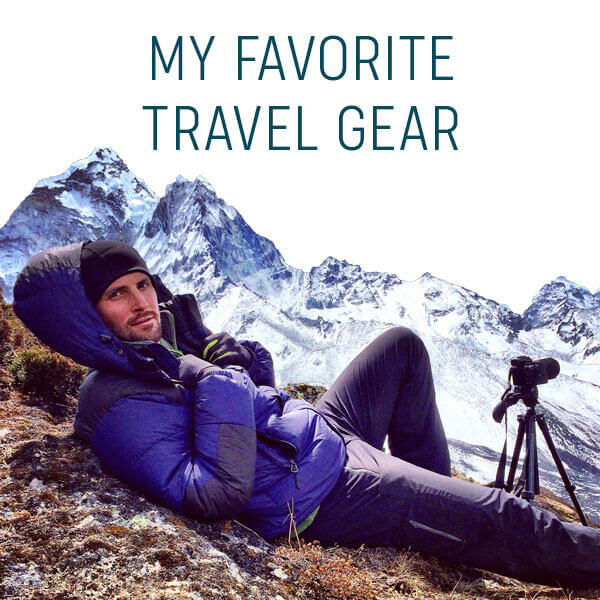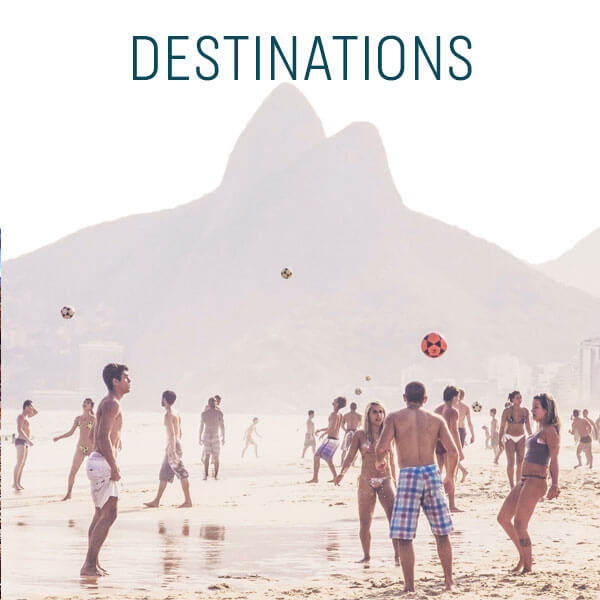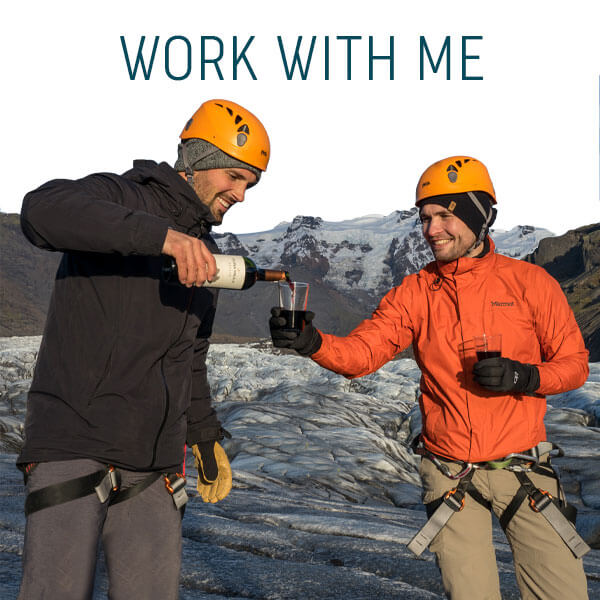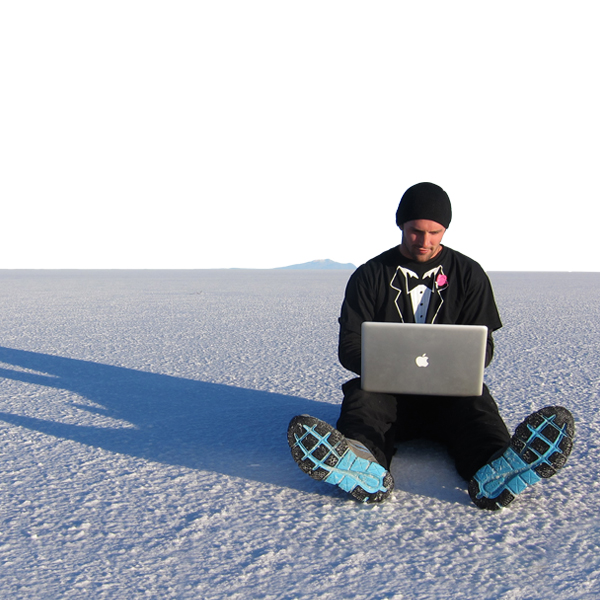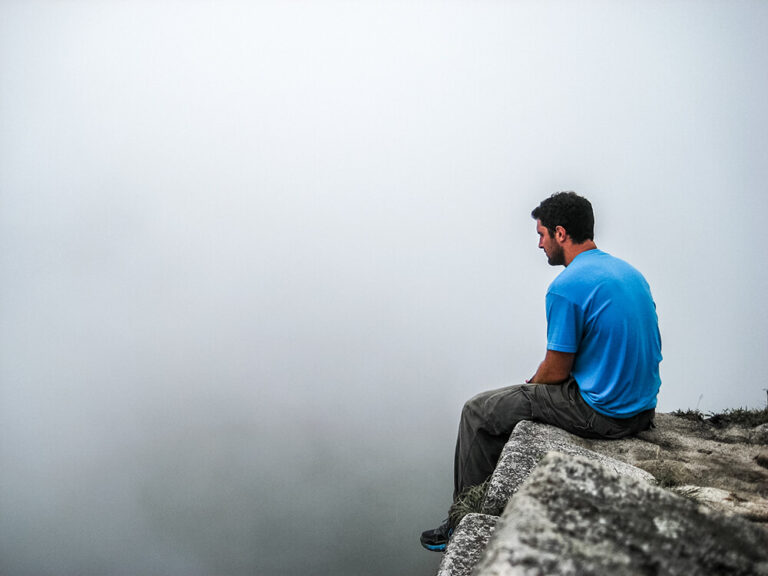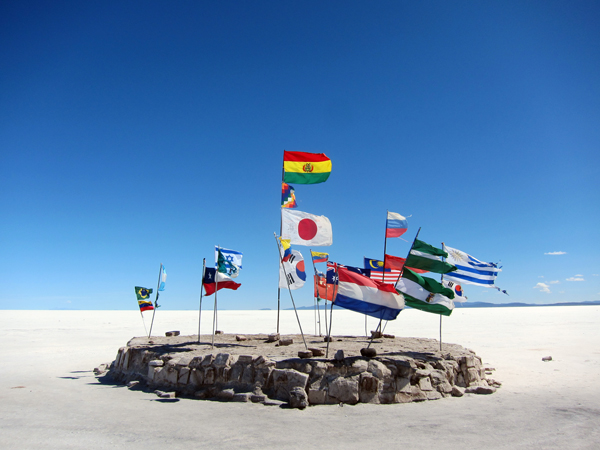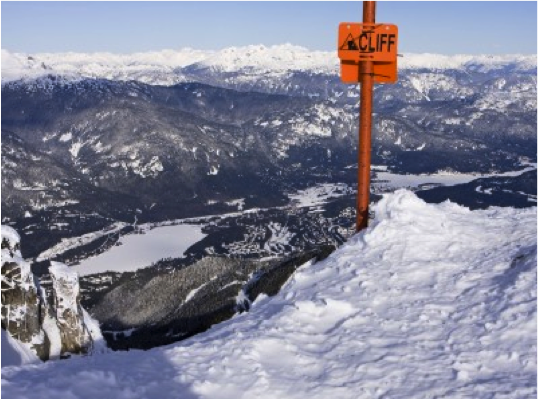
While today Whistler in British Columbia is a moniker that is literally synonymous with snow sports – in particular, alpine skiing, this was not always the case. The truth is that Whistler hotels, many of which have now come to define the area as the world-class resort community it is today, and Whistler itself might never have been discovered or developed were it not for the excellent fishing the region also provides. Early trekkers to Whistler were intent on one single purpose: to fish under the expert guidance of local legendary anglers Alex and Myrtle Phillips, who would lead tourists who stayed at Rainbow Lodge on fishing expeditions to the nearby Alta Lake.
Back in the Day
Fishing, fishing and more fishing spread the word about Whistler; tourists continued to flock to the site for their guided tours and the adrenaline rush of possibly hooking the “big one.” But then in 1960, Whistler got dumped on and the sheer amount of snowfall attracted the attention of Vancouver-based business entrepreneurs who had their eyes trained not on Alta Lake, but on nearby London Mountain. From the very start their aspirations in forming their new company, Garibaldi Lifts Limited, was lofty indeed. They dreamed that Whistler would play host to the Olympic Games in just eight years, hence in 1968.
Today, Whistler’s fame in snow sports has eclipsed its angling beginnings, to the point where fishing is rarely mentioned except in a retelling of the region’s history and an accounting of available summer activities. The first action that the newly formed corporation took to achieve their far-reaching vision was to rename London Mountain as “Whistler Mountain” (a little-known, but fun, fact is that the name “Whistler” actually derives from a local mammal, an alpine marmot, whose call sounds like it is whistling).
The team conducted every decision in the same strategic fashion and when they began marketing the area just before their launch in 1966, they promoted Whistler as offering North America’s longest vertical drop; an unusually extended ski season that began in late May and lasted through mid-November. It didn’t take long for snow sports enthusiasts to take notice and arrive to check out their new winter wonderland. While Whistler’s early years, when there was one day lodge, two T-bars, a four-person gondola, and one double chair-lift, may seem quite modest today, at that time it was unheard of in the ski industry. Many other ski parks today have modeled their configurations upon Whistler’s instant success.
The 2010 Olympics and Whistler
Whistler’s founders would not actually win an Olympic Bid until 50 years later in 2010. That year, Whistler hosted the alpine skiing event for the Olympics and the Paralympic Winter Games. In that same year, Whistler won a prestigious award called the “Golden Eagle” for Overall Environmental Excellence. That award, issued by the National Ski Areas Association further boosted its prestige, along with three Silver Eagle environmental awards given to the ski park that same year. Many Olympic alpine skiers initially called Whistler home, including 2004 Olympian Ross Rebagliati, who was just the most recent medalist to have conducted his early training years on Whistler’s slopes.
Today, Whistler has come a long way from its humble beginnings and boasts the Peak 2 Peak gondola system, a world record-holder in its own right, as well as the world’s highest lift of its kind and the longest continuous lift system anywhere in the world. One of the most strategically advantageous periods of growth for Whistler occurred, when Whistler Mountain Ski Corporation and Intrawest Corporation merged to bring the region’s two most famous peaks, Whistler Mountain and Blackcomb Mountain, under the same corporate umbrella. This move set Whistler up to win numerous awards and distinctions in snow sports that the region holds today.
The Present
Today Whistler revolves around snow, snow, and more snow, with a world-recognized mountain bike park, five terrain parks, a 22-feet halfpipe that is Olympic grade, and a continuous stream of festivals, competitions, and other events to drive traffic to the area year-round. In addition to snow sports, Whistler offers a lively community that includes many non-snow sports, exciting nightlife, superb cuisine and shopping, and much more. Aside from skiing, tourists can enjoy dogsledding, snowboarding, Nordic skiing and non-snow sports (some of which are only accessible during the summer season) including mountain biking, golfing, zip-lining, hiking, rafting, bungee jumping, rafting, and, of course, fishing.
Frank Macori loves to fish for trout. He hosts his own local cooking show in his small community, and still says that “Whistler trout” is the best he’s ever eaten.

